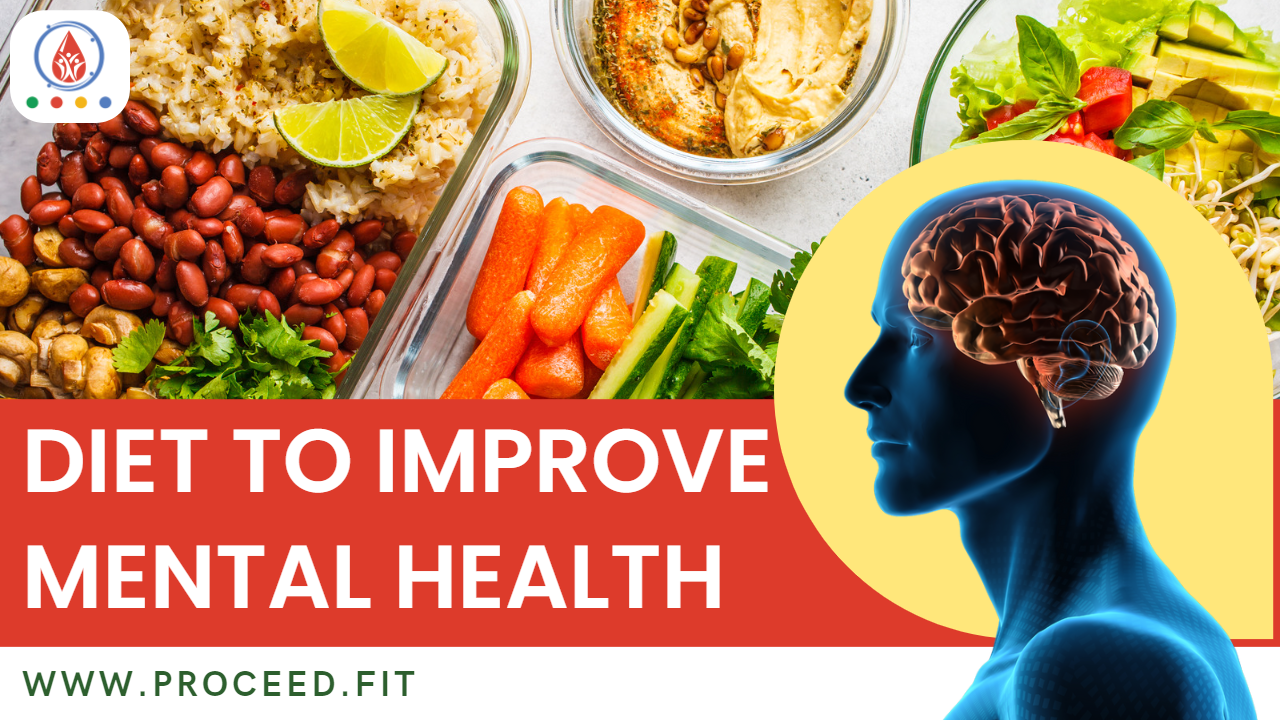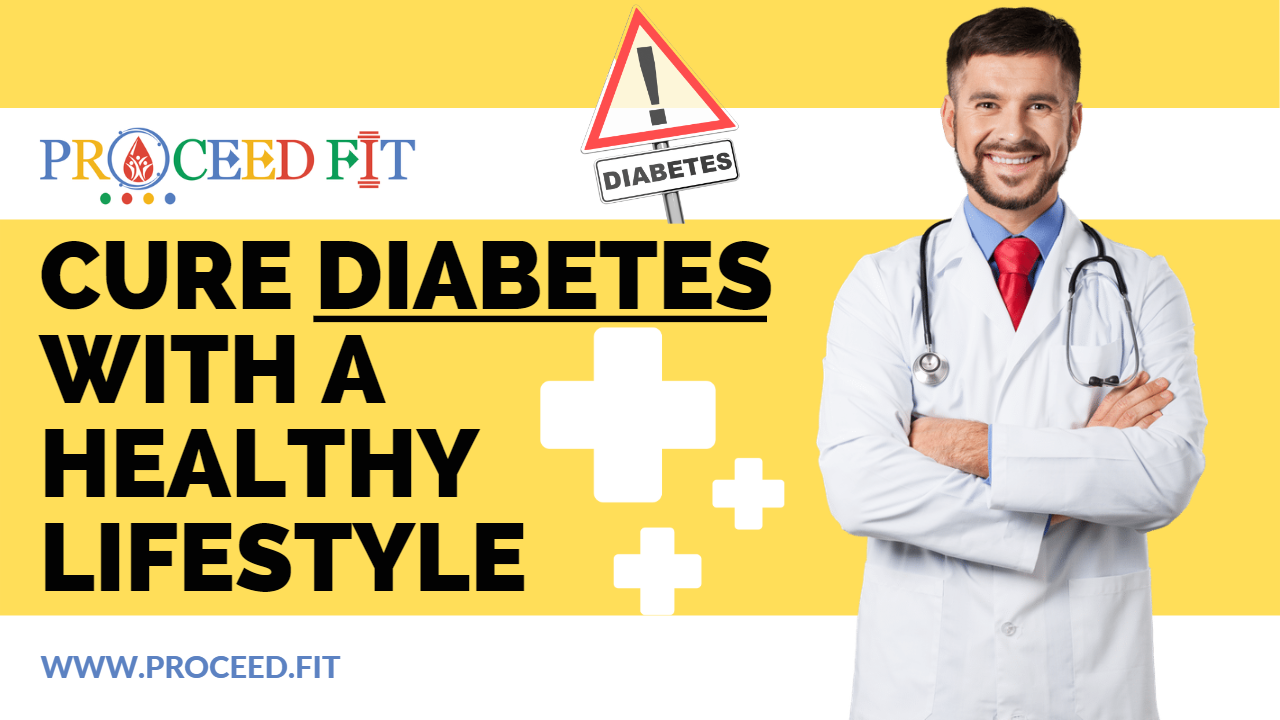
VITAMINS TO ENERGISE YOU
Nutrition and Diet Oct-01-2023 0Many people who medically appear to be perfectly healthy complain of fatigue. At the same time, you have to force yourself to do something, fight drowsiness, apathy alternates with irritability, the concentration of attention decreases, and thinking becomes difficult. Usually, these symptoms indicate a lack of enough vitamins in the body, which increase efficiency and give energy. Consider the causes of excessive fatigue, and tell you what vitamins are needed for cheerfulness.
Vitamins:
Vitamins are low molecular weight organic substances that are directly or indirectly involved in the physiological processes of the body: in the synthesis of proteins and other structural elements, in metabolism, in ensuring the activity of muscle, nerve cells and various tissues of the body.
Currently, a lack of vitamins rarely manifests itself in the form of a specific disease, but their deficiency negatively affects the functioning of many organs and systems of the body.
Causes of chronic fatigue and drowsiness
Drowsiness and chronic fatigue can occur for various reasons:
• Lack of sleep: lack of proper night's rest.
• Chronic Fatigue Syndrome (CFS): A disease that is associated with prolonged and excessive fatigue.
• Chronic diseases: diabetes mellitus, thyroid dysfunction, depression and other mental disorders.
• Medication: Certain medications can cause fatigue and drowsiness as a side effect.
• Nutrient deficiencies: Vitamin and mineral deficiencies due to an unbalanced diet or incomplete absorption.
In each case, individual methods of treatment are required. But it is easier to prevent these conditions by ensuring the proper supply of nutrients to the body. Micronutrients in the human body act as the "fuel" necessary to maintain biochemical and structural integrity, physical activity and the formation of new tissues. The food taken is digested by enzymes that break down carbohydrates into monomeric sugars, lipids into fatty acids, and proteins into amino acids.
Sugars, fatty acids and amino acids enter the cell, where gradual oxidation occurs, first in the cytosol, then in the mitochondria. Ultimately, chemical energy is produced in the form of ATP, which can be easily used in other parts of the cell. Briefly, macronutrients are oxidized to acetyl-CoA (an important metabolic compound) in several ways, including glycolysis. Pyruvate is formed from glucose with the participation of vitamins B1, B2, B3, B5 and C.
Acetyl-CoA then enters the citric acid cycle, which generates energy in the form of NADH and FADH2 through a series of eight oxidations involving vitamins B1, B2, B3, B6, B9 and B12, iron and magnesium. Finally, the NADH and FADH2 electrons enter the circuit, where they provide the energy used to generate ATP molecules. At this stage, the intake of vitamins B2, B3, B5 and iron is required.
Vitamins and minerals for vitality:
Micronutrients are essential components of a healthy lifestyle. They help us feel refreshed and energized throughout the day. Consider the most important vitamins and minerals that will help maintain your body in a healthy state and increase vitality.
1. Vitamin A (retinol)
The antioxidant has a rejuvenating effect, regenerating and accelerating metabolic processes. Strengthens bone tissue, improves visual acuity, supports the nervous system, actively fights infections. Especially important during heavy physical exertion or when working, requiring maximum eye strain.
2. Thiamine (vitamin B1) :
I just want to say that thiamine is the most important, since it all starts with it. If it is not there, then the carbohydrate fuel will not get into the mitochondria and there can be no further discussion of energy. For the body to convert carbs into energy, thiamine is necessary. Thiamine is rich in grains, legumes, seeds, and nuts. Additionally, red meat and animal organs contain thiamine. But as thiamine is heat sensitive, it get lost over cooking. Additionally, thiaminases, which break down thiamine, are present in various foods such shellfish, fish, tea, coffee, and coffee.
3. Riboflavin (vitamin B2) "Orange vitamin" :
Carbohydrates, lipids, and proteins cannot be turned into energy if riboflavin levels are insufficient. It is the starting point for two coenzymes: Similar to NAD, FMN and FAD are molecules that play numerous roles in the activities necessary for generating energy. Its advantage is that it is heat-stable and can be found in foods other than meat and animal organs, such as paneer and cheese.
4. Niacin (vitamin B3) :
Niacin is one of the precursors of NAD. In mitochondria in cellular respiration, NAD+ is involved in virtually all reactions that require electron transfer. It is simply irreplaceable. Niacin is the "predatory vitamin". It is not so easy to find for vegetarians. Its reliable sources are meat and animal organs. From plant sources, it is quite common in peanuts However, eating peanuts frequently has a variety of drawbacks. Additionally, the body may make niacin from the amino acid tryptophan. the same one that also allows for the synthesis of melatonin and serotonin. Even if it's not a straightforward let, you shouldn't rule it out. Cheese, squid, and bananas are tryptophan sources.
5. Cobalamin (vitamin B12):
B12 is consumed a lot and you need a lot of it. However, it is a very complex vitamin. And in its structure, it is complex, because a number of conditions are needed for its activation. For example, the presence of cobalt, the normal acidity of gastric juice, with which many have problems. Plus, there are frequent problems with absorption and its deficiency in food. Reliable sources of B12: meat, fish, seafood, eggs, dairy products. The majority of it is absent from the diet of vegetarians.
6. Vitamin C (ascorbic acid):
It activates the protective properties of the body under adverse environmental conditions, infections and other diseases. It is an antioxidant, promotes the elimination of toxins and decay products of drugs. It also promotes the production of norepinephrine, which improves mood.
7. Iron:
Responsible for the production of hemoglobin in red blood cells, which carries oxygen throughout the body. For those who are tired or feel physically weak, it is important to get enough iron. Deficiency causes difficulty concentrating and a decrease in the protective functions of the body.
8. Magnesium:
Regulates the work of muscles and nerves. It is an electrolyte such as potassium, sodium, calcium and chloride. Facilitates communication between tissues and organs in the body. Common symptoms of magnesium deficiency are muscle spasms and weakness.
Vitamins and minerals in foods. Natural Energy Sources:
|
The product's name |
Organic Matter |
|
Pomegranate |
Carbohydrates - about 18% (including sugar, starch, dietary fiber). Trace elements - magnesium, phosphorus, potassium. Vitamins - C, K1. Antioxidants |
|
Spinach |
Carbohydrates 3.6%, proteins 2.9%, fats 0.4%. Trace elements - iron, calcium, magnesium, potassium. Vitamins - A, C, E, K1, B6, B9. Carotenoids (beta-carotene, lutein), flavonoids, acids (malic, lactic). |
|
Chicken fillet |
Proteins 18 g, fats 2.5 g, carbohydrates 0.6 g. Trace elements - iron, magnesium, phosphorus, potassium, sodium, zinc, copper. Vitamins - B-group, E, K. Creatine, glutamine, choline. |
|
Quinoa |
Proteins - about 14% , fats - about 6% ,carbohydrates - about 70% Trace elements - magnesium, phosphorus, potassium, zinc. Vitamins - B-group, E. |
|
Berries |
Proteins - 11%, carbohydrates - about 79% (including dietary fiber). Microelements – iron, calcium, magnesium, phosphorus. Vitamins – C, A, E, B-group. Carotenoids (including beta-carotene), xanthophylls, polyphenols, betaine. |
|
Natural yogurt |
Proteins, fats, carbohydrates, vitamin D, calcium, antioxidants. Lactic acid bacteria (Lactobacillus bulgaricus and Streptococcus thermophilus). |
|
Salmon |
Proteins - 20 g, fats - 13 g (omega-3 polyunsaturated fatty acids). Trace elements - potassium, zinc, phosphorus, magnesium. Vitamins – A, D, B12, B6, E. Antioxidants, quercetin, tocopherols. |
What to do to avoid constant fatigue?
Energy comes from an overall healthy diet. If people follow the recommendations of dietitians and nutritionists, they will get enough organic compounds. Serious vitamin deficiencies are rare, but certain dietary habits cause deficiencies in important vitamins and other nutrients that affect energy metabolism.
To prevent constant fatigue, eliminate provoking factors:
• Refusal of a wide range of products. Typically, lack of energy is due to ongoing nutritional deficiencies due to dietary restrictions or a lack of dietary diversity. For example, a vegan diet leads to B12 and iron deficiencies.
• Trendy diets. Those on a low-carbohydrate diet, such as paleo or keto, miss out on many of the important vitamins and minerals found in carbohydrate-rich foods for energy production.
• Problems with the digestive tract. With Crohn's disease or colitis, there is a risk of nutritional deficiencies needed for energy. It is important to diagnose and treat diseases in a timely manner, which helps to prevent complications.
• Insufficient calorie intake. If a person is trying to lose weight while cutting calories or exercising excessively, this can lead to the development of permanent fatigue.
Sufficient amounts of each vitamin are required for the body's energy production system to function properly. A deficiency in any of these leads to limited energy production, with potentially serious metabolic and health consequences.
Conclusion:
Consumption of certain vitamins and minerals helps increase energy levels and reduce feelings of fatigue and sleepiness. It is important to include in the diet foods rich in B vitamins (B1, B2, B3, B6, B9 and B12), ascorbic acid, retinol and tocopherol. If necessary, you can use vitamin and mineral complexes. Before using vitamin supplements, it is recommended to consult a doctor to determine the optimal dosage.
Contributed by Dr Rakesh Kumavat (MBBS)
Team - Proceed.Fit
Disclaimer: The information provided in this article is for general informational purposes only. It is not intended as a substitute for professional medical advice, diagnosis or treatment. For any concerns about your health or you are experiencing symptoms, it is important to consult with a healthcare professional. They will be able to assess your specific situation and provide you with personalised advice and treatment based on your symptoms, body type, allergies (if any), existing medical conditions etc. It is always better to consult with a healthcare professional before making any decisions about your health. By accessing this article you agree with our terms and condition - https://proceed.fit/frontend/terms_conditions .


_.png)
_.png)


_(1)_1.png)
_1.png)
_1.png)
_(1)_1.png)











Sorry! You can't submit a comment without logging in first. If you have a general question, please email us at [email protected]
0 Comments